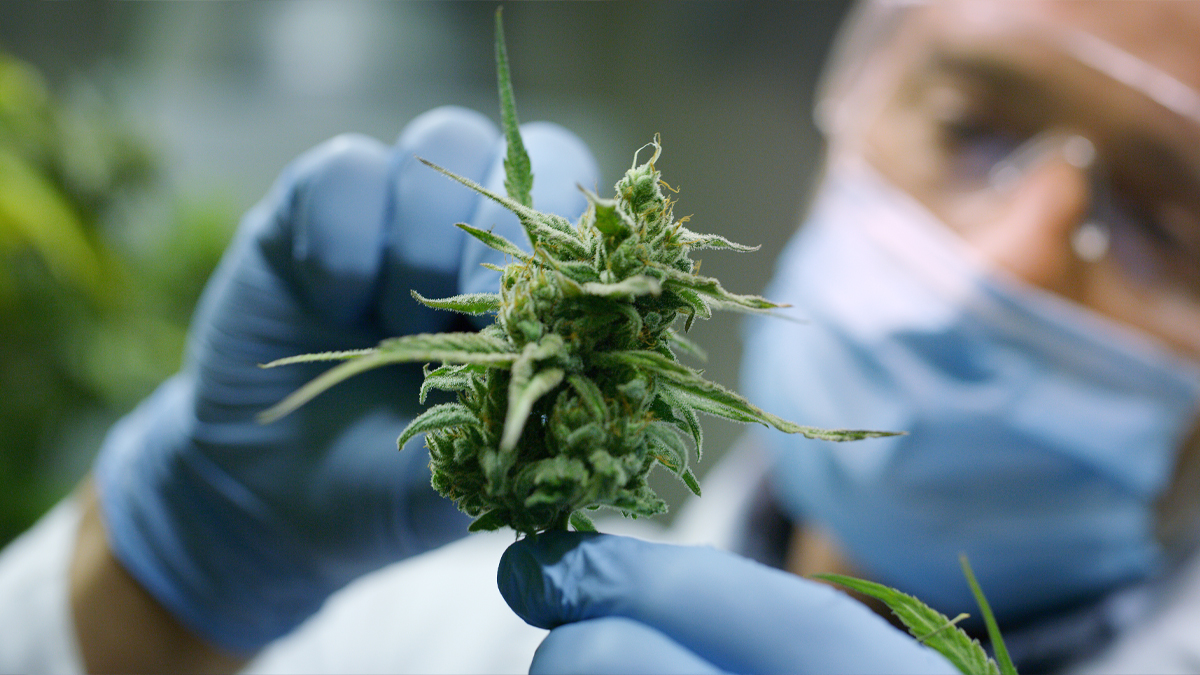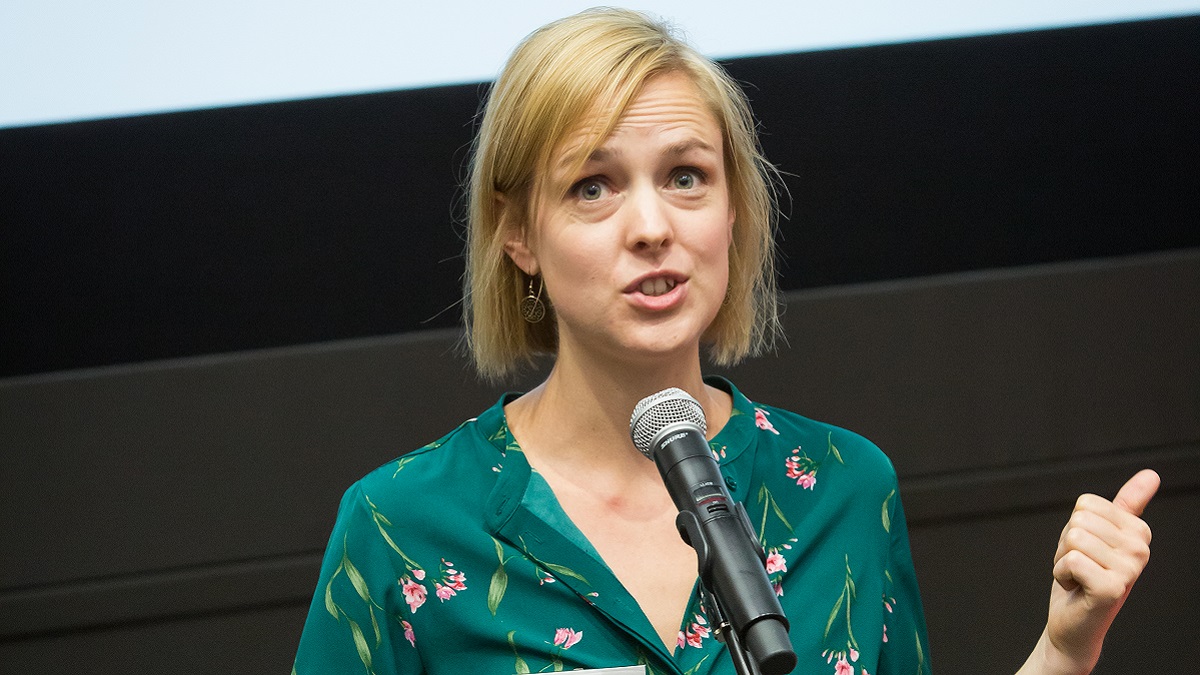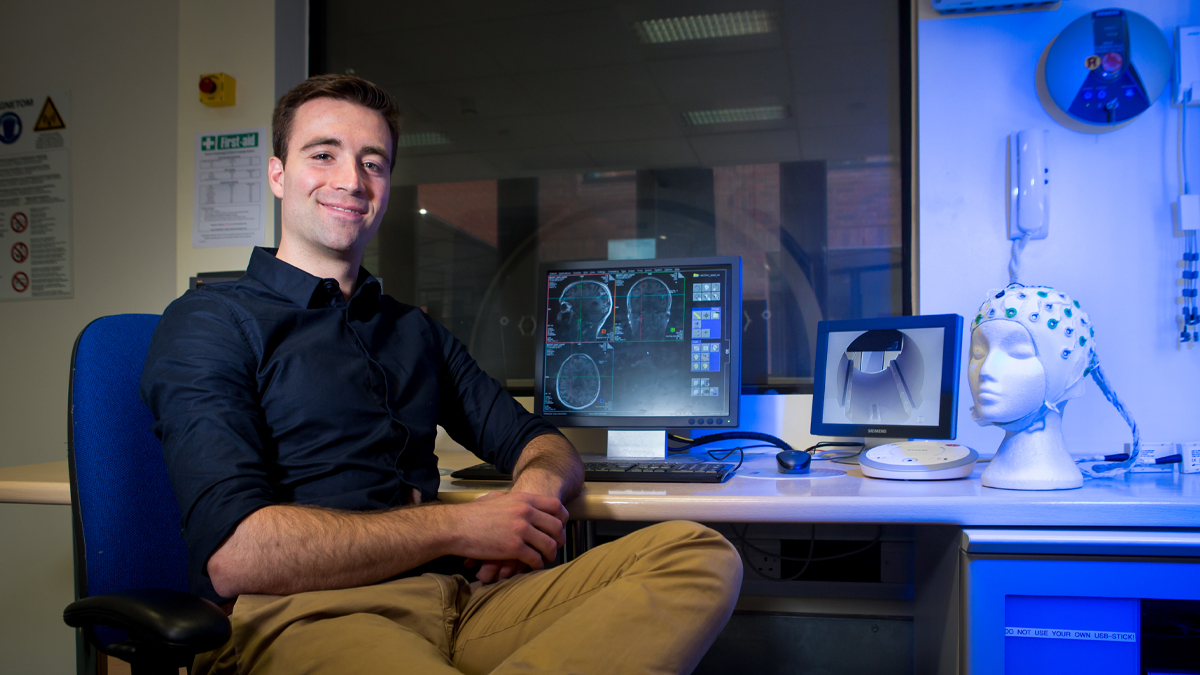Epilepsy affects around 50 million people across the world. Most patients can control their seizures using anti-epileptic drugs, but for 30% of epilepsy patients the drugs don’t work or can produce intolerable side-effects.
However, hope is on the horizon for these patients thanks to ground-breaking research from the School of Psychology and Clinical Language Sciences and Reading School of Pharmacy.
Together, more than 20 years’ research from Professors Claire Williams, Gary Stephens and Ben Whalley has led to new cannabis-based treatments for epilepsy.




